 |
 |
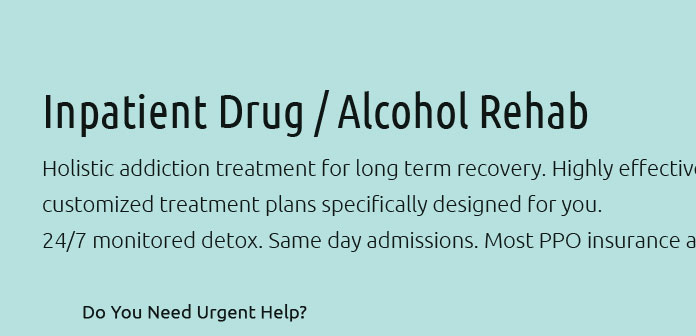 |
 |
 |
 |
||
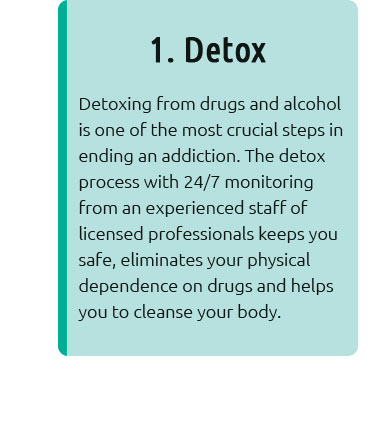 |
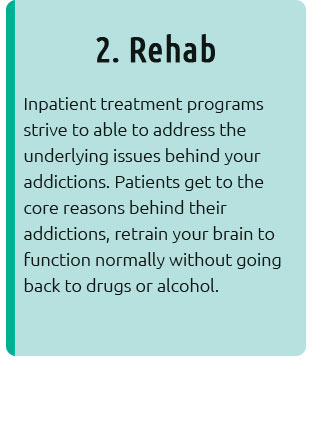 |
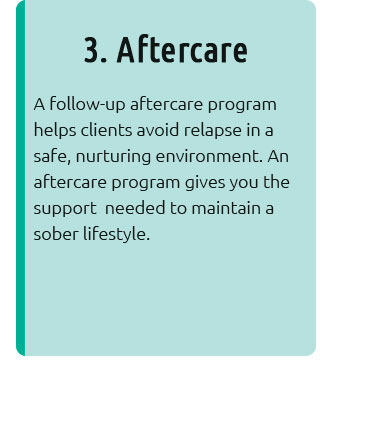 |
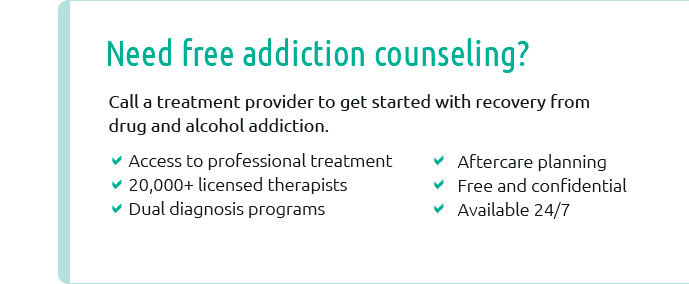 |
 |
 |
 |
||
 |
||
 |
||
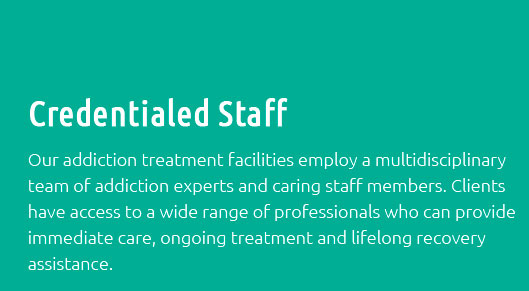 |
 |
 |
|
 |
|
The Essential Guide to Understanding Rehab CentersRehabilitation centers, often referred to as rehab centers, play a critical role in the journey towards recovery for individuals grappling with various forms of addiction and mental health issues. These facilities are designed to provide a structured, supportive environment where patients can focus on healing without the distractions and pressures of daily life. Understanding what rehab centers offer and how they operate can alleviate common concerns for those considering this path to recovery. At their core, rehab centers offer a comprehensive approach to treatment that typically includes detoxification, therapy, and aftercare planning. Detoxification is often the first step, where individuals are safely managed through the withdrawal process. This phase is crucial, as it helps to cleanse the body of substances and prepare the individual for the subsequent stages of recovery. One of the most significant benefits of rehab centers is the access to professional therapy. Therapeutic interventions are tailored to meet the needs of each individual, often incorporating a combination of cognitive behavioral therapy (CBT), group therapy, and family counseling. These therapies aim to address the underlying causes of addiction, teach coping mechanisms, and foster a supportive community. Another key component of rehab centers is their focus on aftercare planning. A comprehensive aftercare plan is essential for maintaining sobriety post-treatment. These plans often include ongoing therapy, support group participation, and strategies to manage triggers and prevent relapse. The goal is to equip individuals with the tools necessary to sustain their recovery long-term. Many people express concern about the cost of rehab, and it's true that treatment can be expensive. However, it's important to consider the long-term benefits and the potential costs of not seeking help. Many centers offer sliding scale fees, financing options, and accept insurance to make treatment more accessible. Researching different facilities and their payment options is advisable to find a suitable match. Rehab centers also vary in terms of their philosophy and approach. Some follow a 12-step program, while others may adopt a holistic or faith-based approach. Choosing the right center is a personal decision and should align with the individual's beliefs and comfort level. Visiting potential centers, speaking with staff, and understanding the treatment philosophy can aid in making an informed choice. Finally, the environment of a rehab center can greatly impact recovery. Many centers are located in serene settings that promote peace and reflection, which can be beneficial for the healing process. The amenities offered, such as fitness centers, art therapy, or meditation classes, also contribute to the overall experience, providing a well-rounded approach to recovery. In conclusion, rehab centers offer a vital lifeline for those seeking to overcome addiction and mental health challenges. By providing a structured environment, professional therapy, and comprehensive aftercare, these centers equip individuals with the necessary tools for a successful and sustained recovery. While the decision to enter rehab can be daunting, understanding the benefits and options available can empower individuals to take this courageous step towards a healthier, more fulfilling life. https://www.brightonrecoverycenter.com/locations/salt-lake-city-utah/
Our Salt Lake City Recovery treatment center has amenities to make you feel at home while you're getting help with addiction. Learn more about this ... https://www.psychologytoday.com/us/treatment-rehab/ut/salt-lake-city
Salt Lake City Treatment Centers. Find rehab in Salt Lake City, Salt Lake County, Utah, or detox and treatment programs. Get the right help for drug and ... https://www.cirquelodge.com/facilities/drug-rehab-center-salt-lake-city-ut/
Cirque Lodge offers advanced and effective alcohol and drug treatment programs from the comfort of a luxury mountain retreat.
|